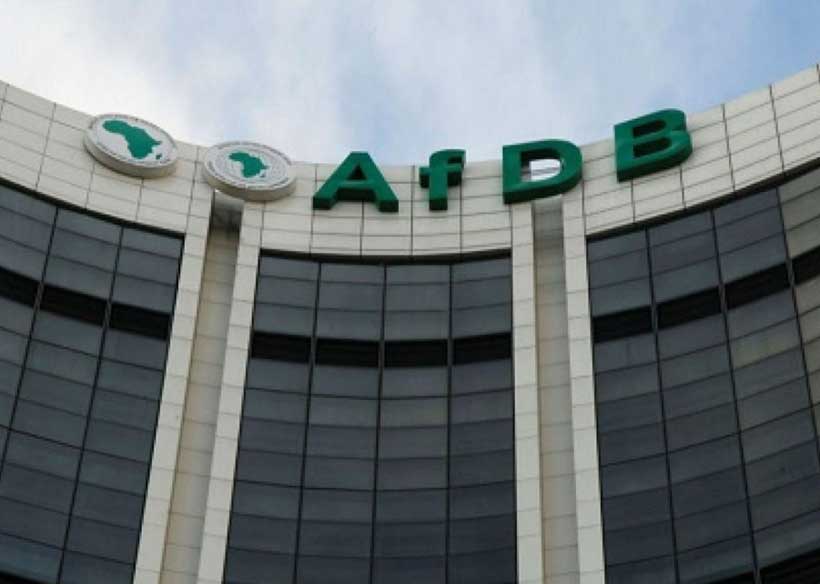Johannesburg Secures Landmark AfDB Loan, Sets New Standard in Urban Finance
The loan will be channeled into more than 100 critical infrastructure projects designed to improve daily life for Johannesburg’s over 6.4 million residents.

- Country:
- Ivory Coast
In a watershed moment for African urban finance, the African Development Bank (AfDB) in June 2025 approved a ZAR 2.5 billion (US$139 million) corporate loan to the City of Johannesburg—marking the first time in history the bank has extended non-sovereign-guaranteed financing to a subnational government on the continent. Quietly approved but momentous in impact, the decision represents a fundamental shift in the way African cities fund infrastructure and growth.
This transaction is not merely a financial milestone. It is a broader endorsement of the rising fiscal maturity and institutional strength of African cities, and a strong signal to global markets that subnational African entities, when properly managed, are ready to access capital markets independently.
A Direct Impact on Urban Life
The loan will be channeled into more than 100 critical infrastructure projects designed to improve daily life for Johannesburg’s over 6.4 million residents. These initiatives target four priority sectors:
-
Electricity: Upgrades to Johannesburg’s power grid, smart meter installation, increased renewable energy investments, and 3,200 new household electricity connections.
-
Water and Sanitation: Modernization of pipelines, improved water treatment infrastructure, and measures to reduce water losses from 46% to 37%.
-
Solid Waste Management: Optimization of waste collection systems, landfill modernization, and the expansion of recycling programs.
-
Revenue-Based Utilities: All projects are structured with tariff-backed revenue streams to ensure the sustainability of the investment and its repayment.
Residents can expect more consistent power supply, improved access to clean water, better waste management, and expanded economic opportunities resulting from these targeted investments.
From Risk to Resilience: A Decade of Reform Pays Off
For decades, African municipalities were viewed as high-risk borrowers due to governance gaps, budget volatility, and limited creditworthiness. The City of Johannesburg has systematically challenged this narrative. Over the past ten years, the city has implemented sweeping governance and fiscal reforms—establishing transparent financial management, adhering to international reporting standards, and achieving an independently assessed credit profile that meets AfDB criteria for direct lending.
These reforms transformed Johannesburg from a risk-heavy public institution into a bankable urban entity capable of leveraging its economic scale. With a GDP of over $67 billion, Johannesburg outproduces many African nations and serves as a critical driver of both national and continental economic activity.
Inclusive Growth: More Than Just Infrastructure
This loan is not just about pipes and wires—it’s about building inclusive and sustainable communities. Johannesburg’s infrastructure modernization program is expected to deliver both social and economic returns:
-
Job Creation: Nearly 2,900 jobs during construction and 592 permanent roles post-completion, with inclusive hiring targets for women and youth.
-
SME Empowerment: Procurement contracts worth ZAR 500 million have been earmarked for small businesses, with half reserved for youth-owned enterprises.
-
Economic Efficiency: Industrial users will benefit from more reliable utility services, boosting productivity.
-
Social Equity: Approximately 160,000 low-income households will gain access to improved utility services.
Governance has been embedded in every layer of the program. Independent monitoring, transparent procurement procedures, and financial safeguards will ensure that the loan delivers maximum impact and sets a precedent for responsible municipal borrowing.
A New Era in African Urban Finance
This is more than a one-city success story. Johannesburg’s landmark deal ushers in a new era for urban finance in Africa—one where cities are empowered to chart their own development paths.
Other African metropolises—Dakar, Cape Town, Nairobi, and Kigali among them—are also working to build fiscal autonomy, develop credit histories, and establish access to non-sovereign borrowing. These cities recognize that urban population growth, infrastructure demand, and economic transformation must be matched with robust financial strategies.
In doing so, they are positioning themselves not only as service providers, but as capital partners, infrastructure clients, and engines of sustainable development.
The Investment Case: Cities as the Next Frontier
For international investors, lenders, and infrastructure companies, this shift opens an unprecedented frontier. As Africa urbanizes—projected to reach a 60% urbanization rate by 2050—cities will command an increasing share of the continent’s economic activity and infrastructure demand.
Well-managed cities with sound governance and clear revenue strategies represent low-risk, high-return investment opportunities. With Johannesburg breaking new ground, it is likely only a matter of time before other African cities follow suit.
The AfDB’s decision sends a clear message: with the right financial architecture, cities are no longer peripheral development actors—they are central to Africa’s sustainable growth trajectory.
Toward Sustainable, Locally Driven Growth
As cities shoulder a growing share of development responsibility, innovative financing models like Johannesburg’s AfDB loan provide a roadmap for autonomy, resilience, and inclusive urban transformation. The future of African development may no longer rest solely with national governments—but increasingly with the dynamic, reform-minded cities that drive change from the ground up.
ALSO READ
Rassie van der Dussen Leads Revamped South Africa T20I Squad
Rassie van der Dussen to Captain South Africa in T20 Tri-Series
Political Tensions Rise as South African President Fires Deputy Trade Minister
Bumper Crop: South Africa's Maize Harvest Set to Surge by 15%
Teen Prodigy Lhuan-dre Pretorious Breaks South African Cricket Record










